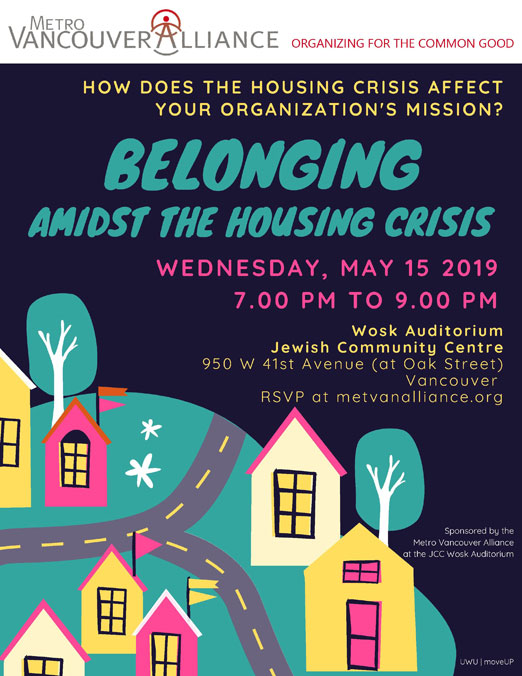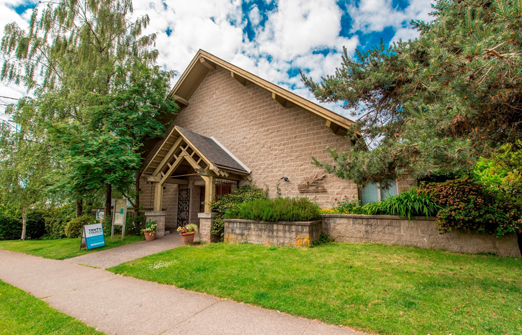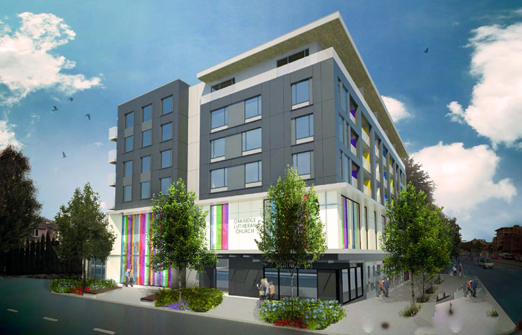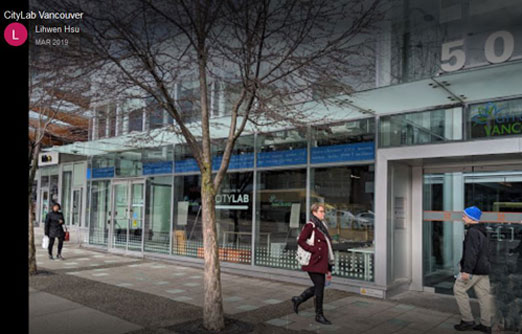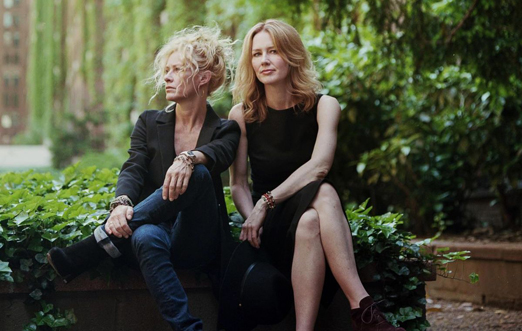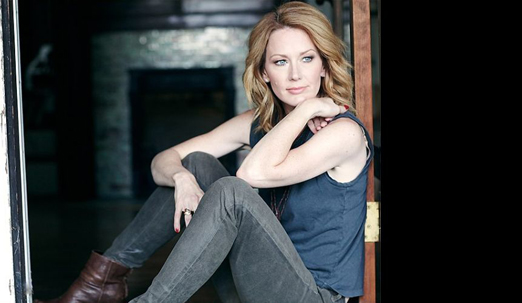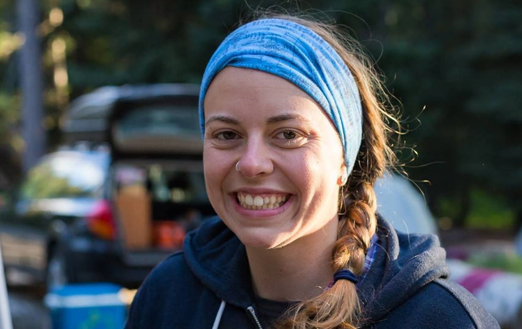 Audrey Anne Guay, powerbroker, Simon Fraser University Masters student in Urban Studies, Chairperson of the Metro Vancouver Alliance Affordable Housing Action Team, community activist, organizer, an inspiration to all who know her & hope of our future.
Audrey Anne Guay, powerbroker, Simon Fraser University Masters student in Urban Studies, Chairperson of the Metro Vancouver Alliance Affordable Housing Action Team, community activist, organizer, an inspiration to all who know her & hope of our future.
THE ROLE OF THE METRO VANCOUVER ALLIANCE IN WORKING WITH FAITH GROUPS TOWARDS THE PROVISION OF AFFORDABLE HOUSING ACROSS THE METRO VANCOUVER REGION
Audrey Anne Guay, 26, arising from a research grant bestowed by Simon Fraser University for the past eight months to spearhead the Metro Vancouver Alliance’s (MVA) Affordable Housing Action Team has, this past year, emerged as one of the key figures in the continuing discussion on the provision of affordable, low cost housing in the Metro Vancouver region.
The Metro Vancouver Alliance (MVA) is a broad-based alliance of 75 civil society institutions who work together for the common good, comprised of members of 60 faith groups across our region, and representatives from 15 labour unions, including the British Columbia Government and Service Employees’ Union (BCGEU), and the Canadian Union of Public Employees.
In fact, democratic, activist grassroots MVA members (and sponsoring) organizations together represent more than 200,000 citizens across the Metro Vancouver region, and over 700,000 citizens across our province.
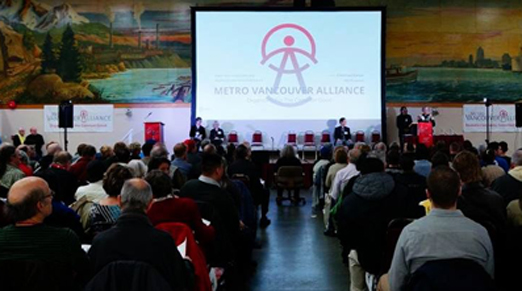
Here is the erudite, socially conscious and, often, emotionally trenchant Ms. Guay, in her own words, on her work with MVA and faith groups across our region who, together, are creating the conditions that will lead to the construction of affordable housing across our region …
“There’s a great deal of energy in the faith-led sector to develop land owned by places of worship across the Metro Vancouver region, for the provision of low cost, affordable housing. The research conducted by MVA has provided insight into both the motivations of the faith groups, and the challenges they face.
A secondary, but still important, focus of MVA’s Housing Team revolves around the role of Community Land Trusts, arising from the successes of MVA’s sister organization in London where as just one small but significant component of the work they’ve successfully completed, involved the construction of 23 affordable homes in one of the most expensive neighbourhoods in London. The Land Trust model, going strong in Vancouver (1500 affordable homes are now under construction in Vancouver!), is of particular interest to MVA, in that it involves community leadership in developing affordable housing solutions.”
Much of Audrey Guay’s work has involved speaking with faith leaders, who may or may not be members of the Metro Vancouver Alliance, who have indicated an interest and begun a discussion on making their sites available for the building of much needed low cost housing.
In addition, over the past year, Ms. Guay has met and had in-depth discussions with city planning staffs in municipalities across the region, City Councillors, affordable housing development staff at the Pacific regional office of Canada Mortgage and Housing Corporation, various non-profit associations across the region, and community-oriented developers like Robert Brown’s Catalyst Community Developments Society, and Stuart Thomas, Simon Davie and Jim O’Dea, among other development staff, at Terra Housing.
Audrey Anne Guay is a name you will hear for years and years to come — a critical and necessary voice of change in a society in flux, and a splendidly energized and energizing difference maker, an undeniable presence in all of our lives, whether you are aware of her or not (and you should be!).
![]()
![]()
![]()
Want to gain an understanding of what’s going on in the faith-based and non-profit affordable housing development front? Well, then, your attendance at tonight’s Metro Vancouver Alliance Housing Forum is absolutely mandatory (and, it will be fun and informative!). Organized by MVA Executive Director Tracey Maynard and MVA Housing Leadership team leader, Audrey Anne Guay, information on the where and when of tonight’s critically important housing event may be found in the poster below.
